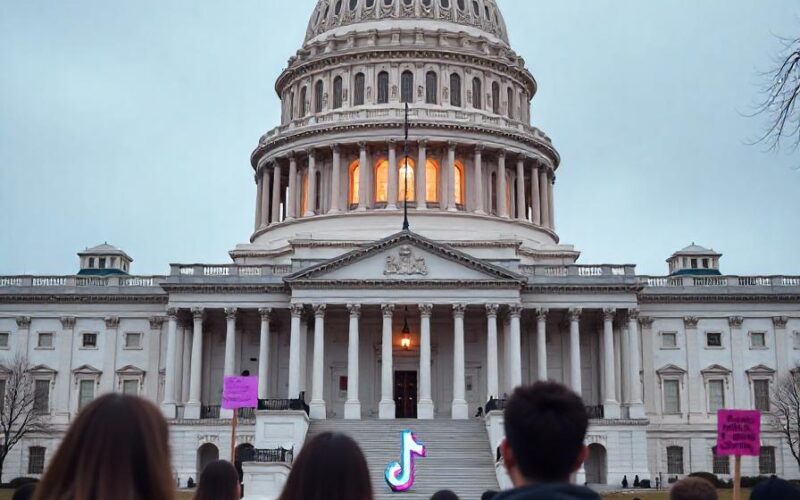As the January 19, 2025, deadline approaches, TikTok, the popular video-sharing app owned by Chinese company ByteDance, faces a potential ban in the United States. This development stems from the “Protecting Americans from Foreign Adversary Controlled Applications Act,” signed into law by President Joe Biden in April 2024, which mandates that ByteDance divest its ownership of TikTok to a non-Chinese entity by the specified date or face a nationwide ban.
Background and Legal Proceedings
The U.S. government has expressed ongoing concerns about national security, citing the potential for the Chinese government to access American users’ data through TikTok. In response, ByteDance was given a 270-day period to sell TikTok to a non-Chinese company. ByteDance challenged this mandate, arguing that it infringes on First Amendment rights and lacks concrete evidence of security threats. However, lower courts have upheld the law, and the case escalated to the Supreme Court.
On January 10, 2025, the Supreme Court heard arguments from both sides. Justices expressed concerns about national security risks associated with foreign ownership of the app, indicating a potential inclination to uphold the law. A decision is expected imminently, which will determine whether the ban proceeds as scheduled.
Implications for Users and Businesses
If the ban is enforced, TikTok will be removed from app stores, preventing new downloads and updates. Existing users may retain access temporarily, but without updates, the app’s functionality could degrade over time. This scenario poses significant challenges for content creators, businesses, and influencers who rely on TikTok for engagement and income.
The potential ban has prompted users to explore alternative platforms such as Instagram Reels and YouTube Shorts to maintain their online presence. Businesses that have integrated TikTok into their marketing strategies are also reassessing their approaches to mitigate potential disruptions.
Political Considerations
President-elect Donald Trump, set to take office on January 20, 2025, has expressed interest in delaying the ban to seek a political resolution. He filed an amicus brief requesting the Supreme Court to pause the law’s enforcement, aiming to address the issue through negotiations once in office. However, unless the Court grants a delay or ByteDance complies with the divestment requirement, the ban remains slated for January 19.
Conclusion
The impending TikTok ban underscores the complex interplay between national security concerns and digital freedoms. As the situation evolves, users and businesses are advised to stay informed and consider contingency plans to adapt to potential changes in the digital landscape.








